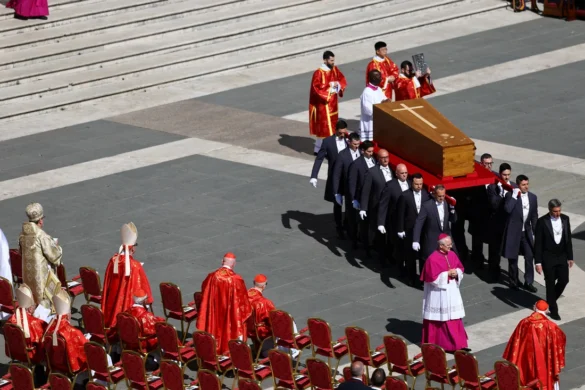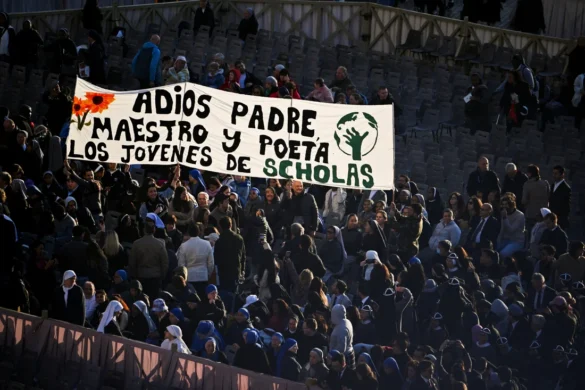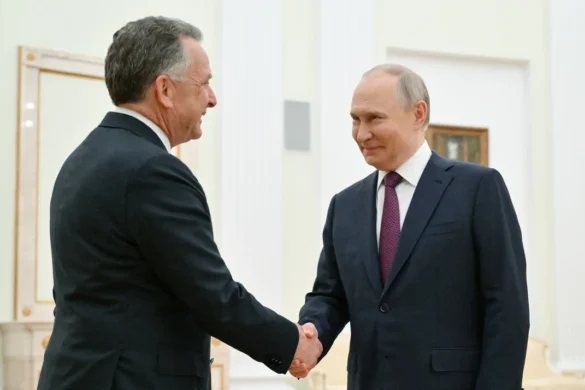A top lieutenant of Lord’s Resistance Army leader Joseph Kony goes on trial in The Hague on Tuesday accused of war crimes ranging from child kidnapping and forced marriage to rape and murder during the rebel group’s long rampage in northern Uganda.
The trial of Dominic Ongwen opens as the International Criminal Court faces the biggest crisis in its 15-year history, with several member states quitting over claims it unfairly singles out Africans for prosecution.
Ongwen was himself a victim of the LRA’s child kidnapping campaign in 1988, pressed into service as a young teenager in Kony’s war against the government of President Yoweri Museveni, who had seized power two years before.
At his first appearance in court last year, the unschooled former child soldier seemed lost and ill at ease in a setting unlike the remote forests in which he had spent the previous two decades, rising to thank God for “creating heaven and earth”.
The court will focus more on Ongwen’s alleged sex crimes and crimes against women after criticism that past ICC cases neglected these crimes. It will be the first time charges of forced marriage are central to an ICC prosecutor’s case.
Ongwen faces 70 counts of war crimes and crimes against humanity for attacks on refugee camps in northern Uganda between 2002 and 2005, including committing or directing acts of rape, sexual enslavement and of conscripting child soldiers.
He will be asked to plead guilty or not guilty, after which prosecutors and lawyers representing the conflict’s victims will outline their case. On a later date his lawyers are expected to argue he is as much victim as perpetrator.
The ICC brought charges against Ongwen, Kony and four others who are believed dead, in 2005. Ongwen gave himself up to U.S. troops last January after a decade on the run, fearing for his life after falling out with Kony, who is still at large.
For the ICC, the start of the trial is a rare positive, coming after South Africa and Gambia announced their withdrawal from the court over allegations of anti-African bias and amid criticism from President Rodrigo Duterte of the Philippines, one of the court’s few Asian members.




